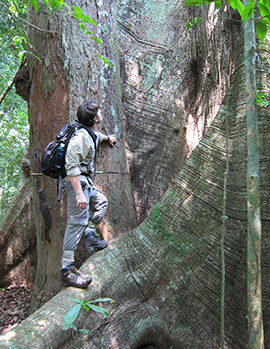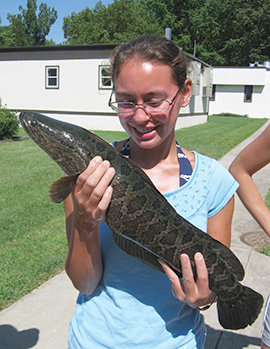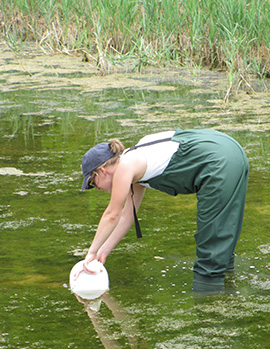Many ecosystems are on the edge of disaster—but this means they are also on the edge of recovery. Find out how you can help protect them and join the millions of environmental stewards taking care of our planet.
Fight Climate Change

- Discover your carbon footprint.
- Explore ways to make your house more energy-efficient. See if your electric company offers a green or energy-savings programs. Ask for an energy audit of your house, or do one yourself.
- Recycle! 29 percent of greenhouse gas emissions in the U.S. come from the provision of goods. Recycling saves energy by slashing the need to process new material.
- Consider using renewable fuels. Find an alternative fueling station by zip code using the Department of Energy’s Website.
- See where it all comes from. Check out this chart to see which activities contribute the most greenhouse gas emissions in the U.S.
- Learn what’s in store. See what climate change means for human health, and the impacts it could have in the your state and around the world.
- Visit the EPA for more ideas on how to protect the environment.
Stop Invasive Species

- Learn about non-native and invasive species in your area. Check out the NEMESIS database for info on marine invaders and the National Park Service for info on other invasive species.
- Look for citizen science projects to remove or track invasive species in your area. View SERC’s current citizen science projects here.
- If you like fishing, use non-invasive worms as bait as much as possible. Be sure to throw unused bait in the trash—some invaders travel hundreds of miles in the material used to package live bait.
- If you own a boat, clean off the bottom before travelling to a new port. Many invaders travel by attaching to ship hulls.
- If you go hiking in a new area, clean off your clothes (or pets) before leaving. Strange plant seeds sometimes stick to clothing or pet hair.
- Read about five common outdoor activities that can spread invasive species.
Reduce Pollution

- Calculate your nitrogen footprint.
- Plant a rain garden. Rain gardens can absorb runoff from your house before it washes into streets and sewers.
- Use less fertilizer on your lawn. If you do use it, apply it after rainstorms when it’s less likely to wash off, or when grasses are in their maximum uptake mode (spring and fall in cool climates; early and late summer in warm climates).
- Keep your septic system in good condition. Get it inspected at least once every three years—this will save money and keep more pollutants out of the water.
- Encourage the growth of streamside forests and wetlands. These ecosystems can filter out nutrients before they reach the water.
- Encourage oyster restoration. Oysters help filter nitrogen out of the water and keep it clear.
- Visit the EPA for more ideas.

